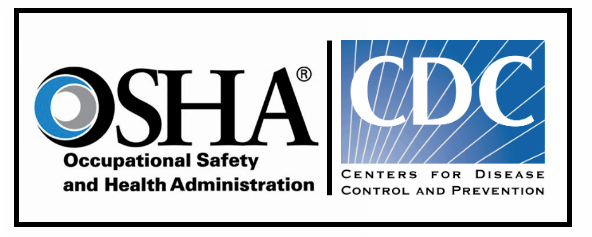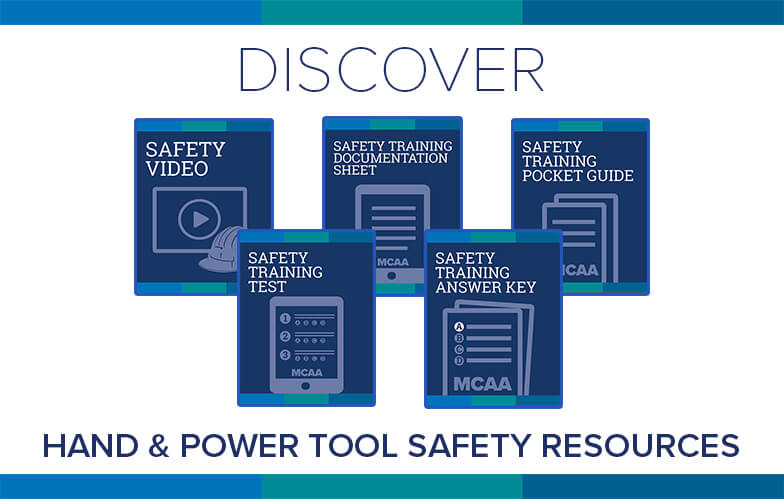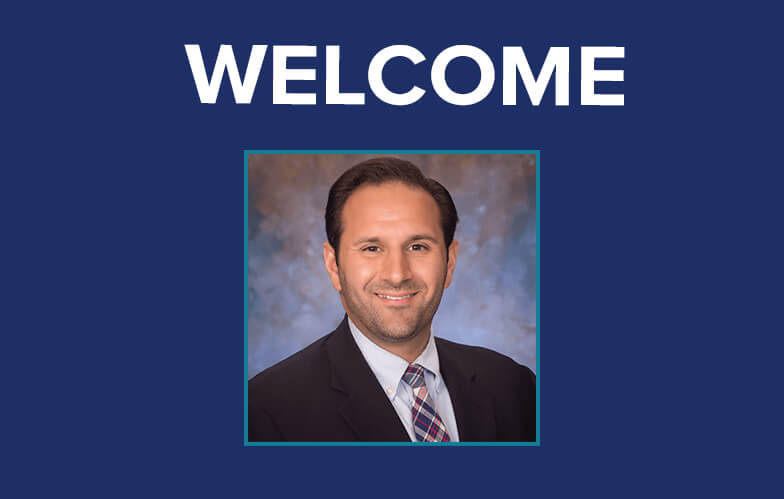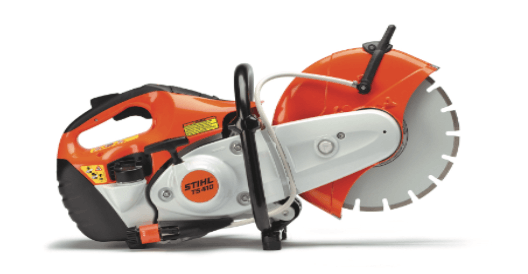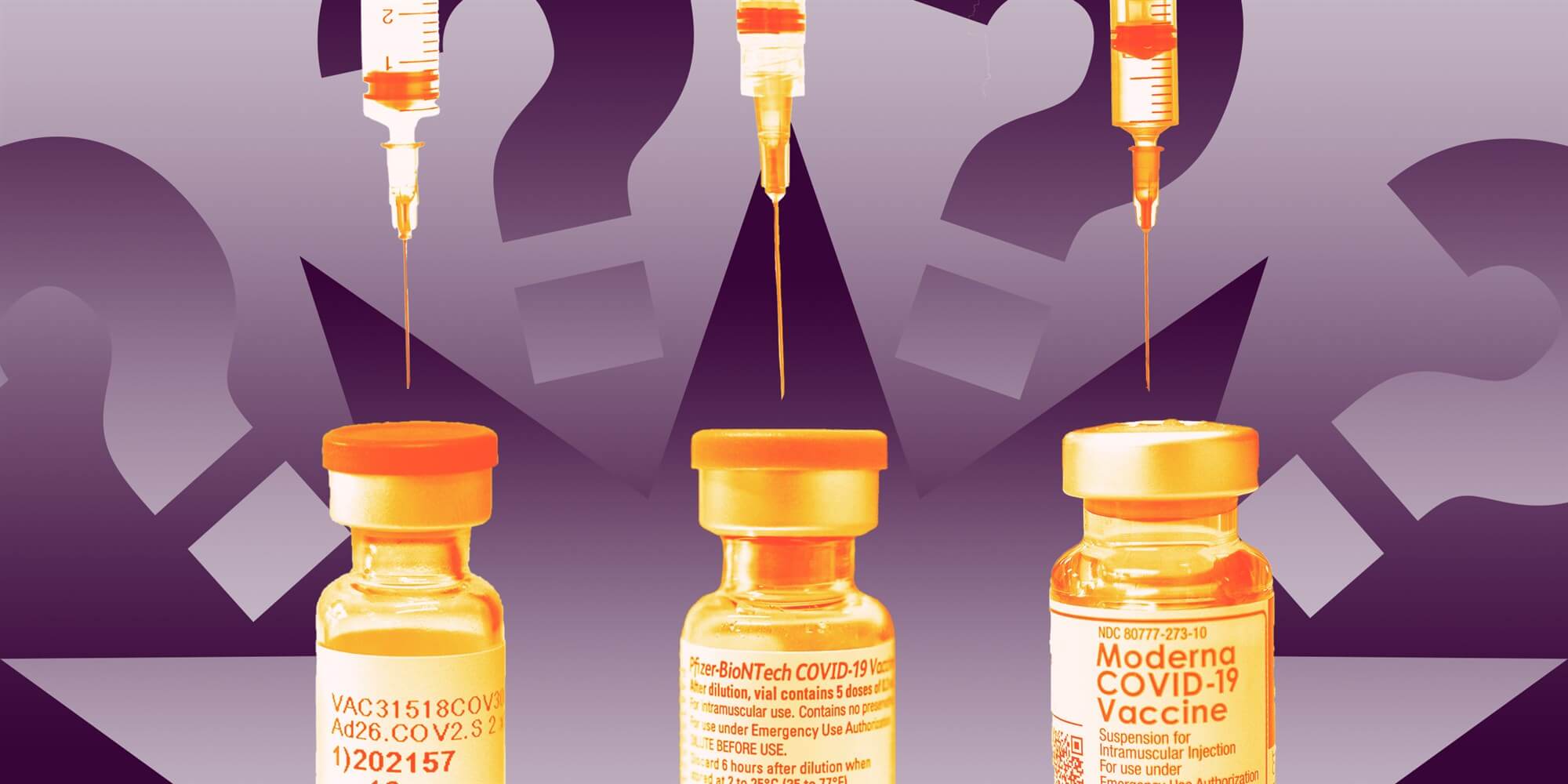
According to the CDC, COVID-19 vaccines are safe and effective. Some individuals may experience side effects, but they are typically short lived. For the most part, the benefits of the vaccine far outweigh the short lived side effects. With more Americans receiving the vaccines every day it is important to start planning for the post vaccine era. These guidelines are intended to help you do just that, but it is likely that they will change several times over the coming months, so please continuously watch for updates from MCAA.
What We Do NOT Know About the Vaccines
There is still much that we do not know about the vaccines, so even fully vaccinated individuals need to follow COVID-19 safety protocol while working just about anywhere. Here is why:
- We do not know whether the vaccines keep vaccinated individuals from spreading the virus;
- We do not know how long the vaccine protects vaccinated individuals against the virus; and
- We do not know how effective the vaccines are against variants of the virus.
Fully Vaccinated Individuals
An individual is “fully vaccinated” when he or she has had both doses of the Pfizer or Moderna vaccines, or a single dose of the Johnson & Johnson vaccine, AND two full weeks have passed since the last injection.
Fully Vaccinated Individuals at Work
Fully vaccinated employees on jobsites, in fabrication shops, in office buildings and in other public areas performing regular duties that do not require specialized or additional personal protective equipment should:
- Wear a two-ply face covering that completely covers the nose and mouth;
- Practice proper hand hygiene by frequently washing hands and/or using hand sanitizers; and
- Maintain a social distance of at least 6 feet from all other individuals.
When social distancing requirements must be suspended, such as when two workers are needed for the safe manual handling of materials, the affected workers should continue to wear their face coverings, don face shields, wear work gloves, and limit the amount of time they will be working together closer than 6 feet to less than 15 minutes.
Employers
Affected employers should:
- Require all employees to comply with the protocol;
- Enforce employee compliance with the protocol; and
- Ensure that routine environmental cleaning is performed on affected surfaces at least once daily and more frequently when needed.
More frequent cleaning or disinfection should be performed if/when:
- There is a high transmission of COVID-19 in or around a workplace;
- The workplace is in an area where people are not wearing masks;
- The frequency and/or quality of hand hygiene is inadequate for any reason; and/or
- Individuals with increased risk of severe illness from COVID-19 are working in the area.
Fully Vaccinated Individuals Not Working
Once fully vaccinated, individuals outside the workplace can start to do some of the things that have not been acceptable since the pandemic began, such as:
- Visit inside a home or private setting without a mask with fully vaccinated people of any age;
- Visit inside a home or private setting without a mask with one household of unvaccinated people who are not at risk for severe illness;
- Travel domestically without a pre-or post-travel test;
- Travel domestically without quarantining after travel;
- Travel internationally without a pre-travel test depending on the destination; and
- Travel internationally without quarantining after travel.
